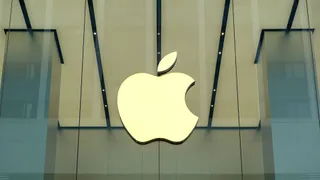
Sports IP round-up: Sponsors swerve Copa América
Mastercard has withdrawn its branding from the controversial Copa América football tournament, set to begin in Brazil on Sunday, June 13.
Already registered?
Login to your account
If you don't have a login or your access has expired, you will need to purchase a subscription to gain access to this article, including all our online content.
For more information on individual annual subscriptions for full paid access and corporate subscription options please contact us.
To request a FREE 2-week trial subscription, please signup.
NOTE - this can take up to 48hrs to be approved.
For multi-user price options, or to check if your company has an existing subscription that we can add you to for FREE, please email Adrian Tapping at atapping@newtonmedia.co.uk
Trademarks
7 April 2020 UEFA is “considering its position” over trademark applications filed by German sports brand for ‘Puma Euro 2021’, after the postponement of this summer’s planned Euro 2020 football championship.
Copyright
17 September 2019 World football authorities claim to have proof that Saudi Arabia-based Arabsat is enabling pirate broadcaster beoutQ to operate, as they call on Saudi Arabian satellite providers to stop “providing a platform for piracy”.

